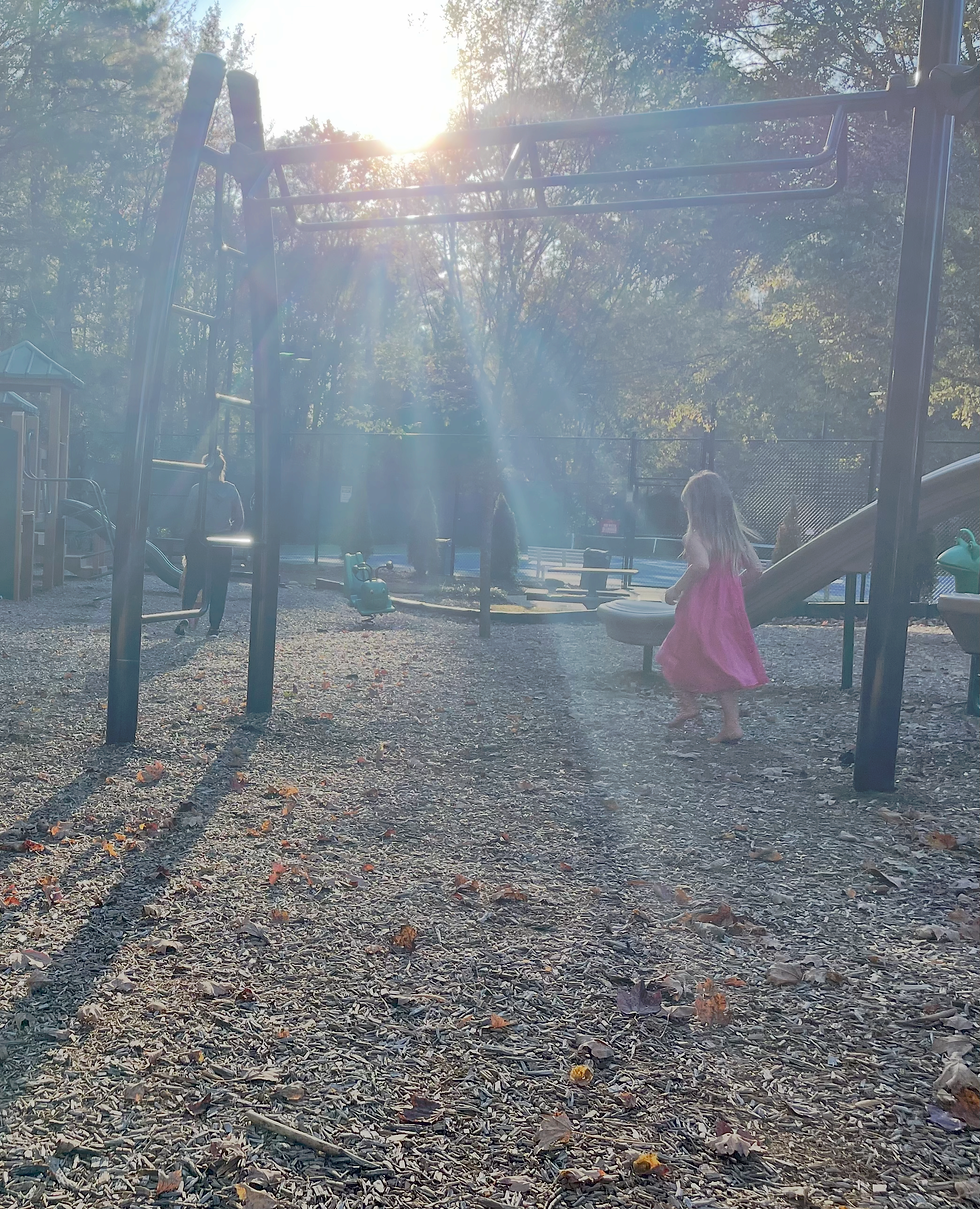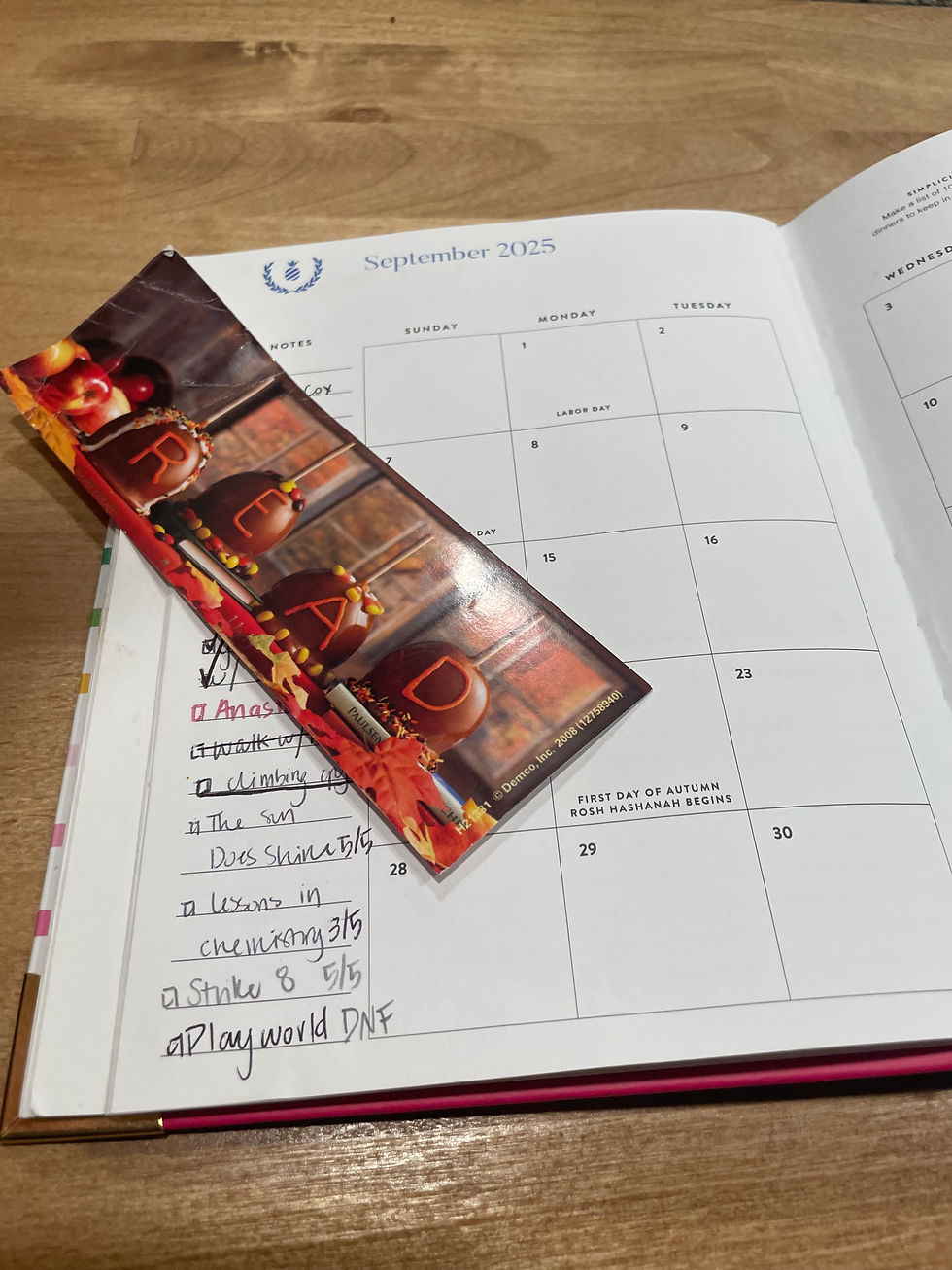Effort of Absence
- Avery Garn

- Jul 15, 2022
- 3 min read

One of my college professors once pointed out the irony of gyms.
People living 100 years ago would have thought it's crazy that we have machines and buildings dedicated to exercise. For millennia, physical activity was simply a part of daily life. There was no need to devote time, money, or resources to staying fit; your daily life required that you do so.
I found this idea fascinating, especially considering how much time and energy we now devote to working out, since our lives and jobs have become sedentary.
While there is plenty to unpack in this phenomenon alone—why not walk to work, to the grocery store? Why not labor in the yard instead of paying someone else to do it? (The answer is often, of course, time.) Our convenience culture may soon require us to carve out time for yet another once-automatic activity: absence.
Absence is the space in which nothing requires our attention. And just as not so long ago, people’s lives organically included opportunities for living a healthy lifestyle—jobs that required physical labor and daily errands that were not delivered—only a few years ago, our days were full of opportunities to experience absence: lines at the coffee shop, waiting time for an appointment, even TV commercial breaks.
But we now seem to do all we can to avoid experiencing absence, pulling out our phones in line, at red lights, taking them with us to the restroom. It seems the only place we allow ourselves to access absence is the shower—this phenomenon has even been dubbed “shower moments."
In her book Untamed, author Glennon Doyle’s children believe that the shower is a magical portal of ideas.
“‘Mom, it’s like I don’t have any ideas all day, but when I get in the shower my brain is full of cool stuff. I think it’s the water or something.’
‘Could be the water. Or it could be that the shower’s the only place you’re not plugged in—so you can hear your own thoughts in there.’
She looked at me and said, ‘Huh?’
‘That thing that happens to you in the shower. It’s called thinking. It’s something folks did before Google. Thinking is like… it’s like Googling your own brain.’”
This anecdote begs the question, how often do we allow ourselves to unplug, to be still, to be absent? And if we find absence uncomfortable, if we find it difficult to not be productive, to not be doing something at all times, maybe we should lean into the discomfort and practice absence. Sit at a coffee shop without a screen. Go for a walk without an audiobook. Rest on the front porch with no distractions.
Maybe if we invite absence into our lives, if we make it a part of our routine like we do working out or eating dinner, then we may discover we have more ideas than we thought, and the shower isn’t the only place to access them.
Easy ideas for absence:
Have a one-screen rule. Mute the TV during ads or commercials and wait for your show to return instead of pulling out your phone.
If ever eating alone (even a hurried breakfast or lunch “al desko”) enjoy meal time away from screens. Focus on your food.
Regularly detox from technology, whether that is putting your phone away at 9 p.m. every night, spending Sundays away from screens, etc.
Next time you’re waiting in line or pumping gas, resist the urge to pull out a device. Instead, notice your surroundings. Take note of the sounds and smells and sights.





Comments